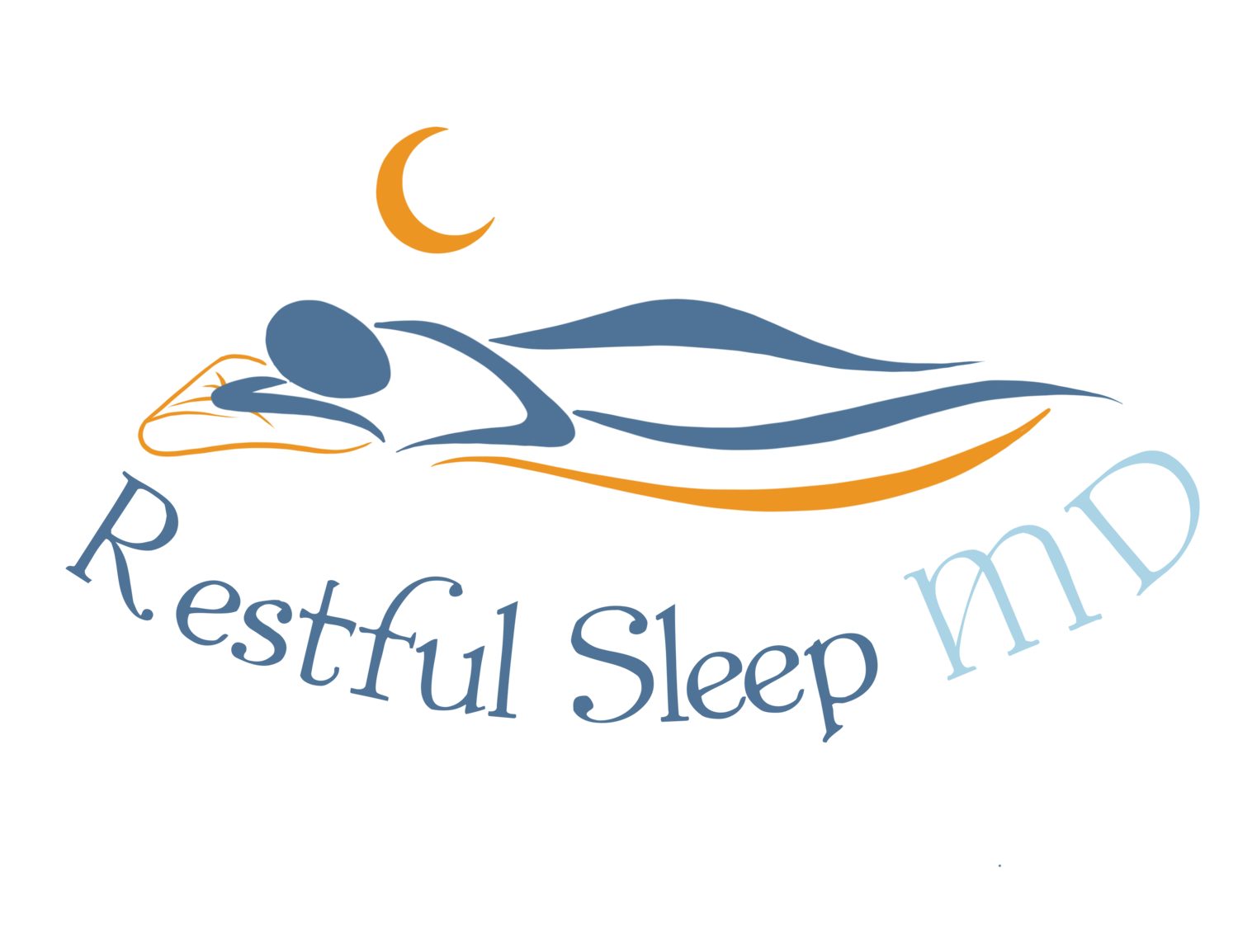Understanding Social Jetlag: The Time Zone Shift You Didn’t Know You Were Making
Have you ever felt exhausted on Monday morning even after sleeping in all weekend? That lingering fatigue, grogginess, and general discomfort might be a sign of social jetlag — a surprisingly common yet often overlooked disruptor of your sleep health.
What Is Social Jetlag?
Social jetlag occurs when your sleep schedule during the week is drastically different from your sleep schedule on the weekend. For example, if you wake up at 6 AM for work or school Monday through Friday but sleep in until 9 AM on Saturday and Sunday, your body experiences the same physiological stress as if you had traveled from New York to Los Angeles and back in two days.
Unlike travel-related jetlag, social jetlag isn’t caused by crossing time zones. Instead, it’s a mismatch between your biological clock (your circadian rhythm) and your social obligations.
What Are the Effects of Social Jetlag?
Just like jetlag from long-distance travel, social jetlag can leave you feeling out of sync with your internal clock. Its effects go beyond mere tiredness:
Insomnia or trouble falling asleep
Daytime sleepiness and brain fog
Gastrointestinal discomfort
Chronic fatigue
Mood disturbances and irritability
But the consequences aren’t just short-term. Research shows that social jetlag is associated with:
Weight gain and obesity
Depression and anxiety
Poor academic or work performance
Disrupted metabolism
Increased risk of cardiovascular disease
Why Does Social Jetlag Happen?
Social jetlag is a byproduct of our modern lifestyle. School, work, and early weekday obligations force us into a rigid wake-up schedule, often out of sync with our natural body clocks. Then, when the weekend comes around, we "catch up" on sleep by sleeping in, unknowingly shifting our internal clocks and creating a pattern of weekly circadian misalignment.
How to Prevent or Minimize Social Jetlag
You don’t need to give up your weekend freedom entirely, but balance is key. Here are some strategies to minimize social jetlag:
Stick to a consistent sleep schedule. Try to wake up and go to bed at the same time every day, even on weekends. If needed, give yourself up to an hour of flexibility on non-workdays.
Prioritize morning light exposure. Light is the strongest cue for resetting your biological clock. Step outside in the morning sun, open your blinds, or invest in a light therapy box if you're indoors.
Limit late-night activities. Be mindful of social events, screen time, and other stimulating activities that push your bedtime later.
Protect your sleep during the week. Ensure you're getting enough quality sleep each night so you don't feel compelled to oversleep on the weekends.
Support your circadian health holistically. While consistency is key, maintaining strong social connections and a balanced lifestyle is also important for your mental and circadian health.
The Bottom Line
Social jetlag is a hidden sleep saboteur that can throw off your internal rhythm, leaving you feeling drained and disoriented week after week. The good news? Small changes in your schedule and sleep hygiene can make a big difference.
If you or your child are struggling with poor sleep or circadian rhythm disruptions, our team at The Restful Sleep Place is here to support you.
Visit www.therestfulsleepplace.com or call (215) 607-8297 to book a consultation today.
Your sleep matters — and so does your rhythm.



